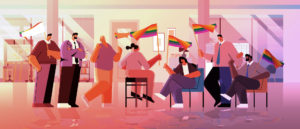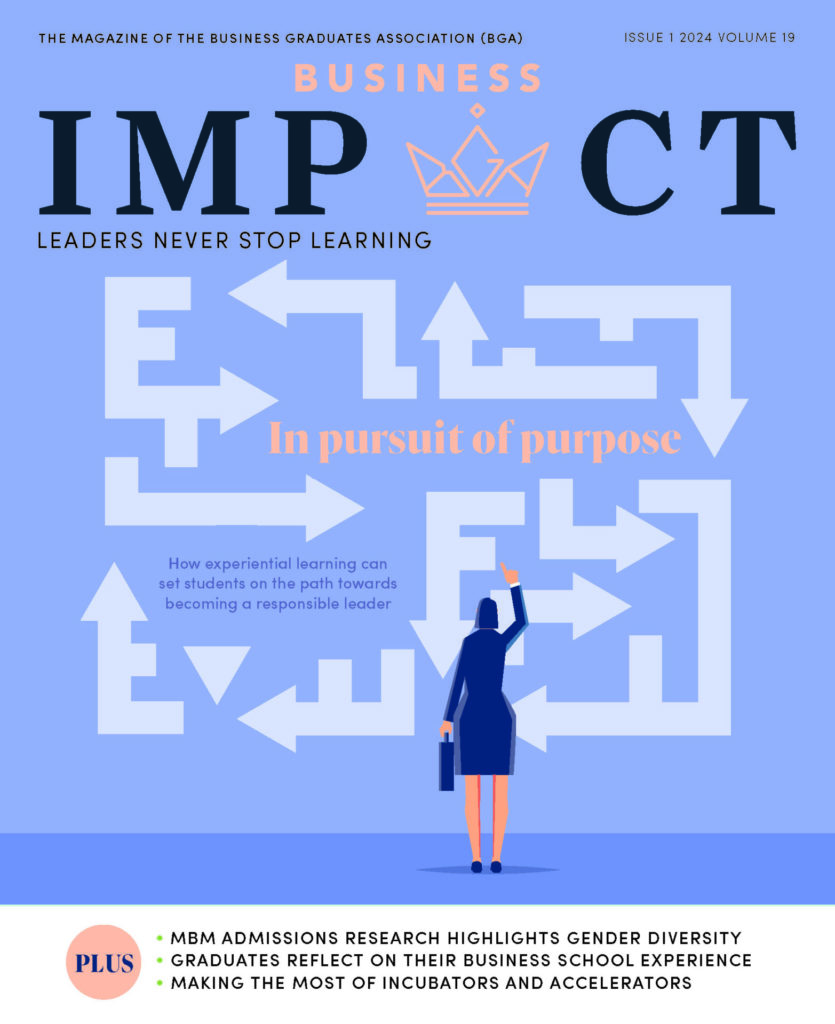A manmade system that feeds off apathy, compliance and obedience
Racism is so entrenched within the fabric of our society that we can’t imagine living any other way. And whether or not we want to address it consciously, we do live in a racialised society.
But the concept of race doesn’t actually exist. It was fabricated to serve a specific purpose that dates back to the 17th century, when philosophers were engaging in their own version of blue-sky thinking and designing what they thought would be the ideal society for men like them to get and stay ahead.
Simply put, the founding principles upon which western society is built purposefully created the racist ideology we live by. And make no mistake – we do live by it. We may not have been around when its concrete foundations were poured, but we exist in the structures those foundations support. We’ve never questioned the inherent fairness of those structures, because it works, for the majority at least. And is it our responsibility to fix something we never had a hand in creating?
Racism is one of the best manmade systems every created. More than 500 years later, it is still doing exactly what it was designed to do. And it feeds off our apathy, compliance and obedience. It rewards insecurity, superiority and scarcity.
The challenge of representation
Despite how uncomfortable this makes you feel, we do live in a society that values whiteness. This creates and reinforces power structures that work for the benefit of white people – to different degrees, of course, but whiteness is central to pretty much everything, with the intended consequence being that Black people (at least those in western society) exist with little or no institutional power to improve our situation.
We are not represented en masse in the political and corporate corridors of power. We are punished rather than rewarded for doing anything that seeks to improve the experiences of people who look like us. In some cases, this is referred to as ‘reverse racism’ and is actively discouraged, lest we be accused of favouring our own.
There might be one or two of us, of course, who have somehow got to that magical seat at the table, but as we’ve seen time and again, the conscious and subconscious limiting of Black representation doesn’t just pose a challenge for the ‘About Us’ section of corporate websites.
We aren’t here protesting, calling for and instigating change because we don’t have the will or the capability. It’s because the systems and structures we inhabit are deliberately not skewed in our favour.
Decisions that affect Black colleagues are universally made by white people. Even if you claim to consult, fundamentally you have the final call. Despite our objections, we don’t have the power, rank or privilege to influence those decisions – not really, despite proclamations to the contrary.








